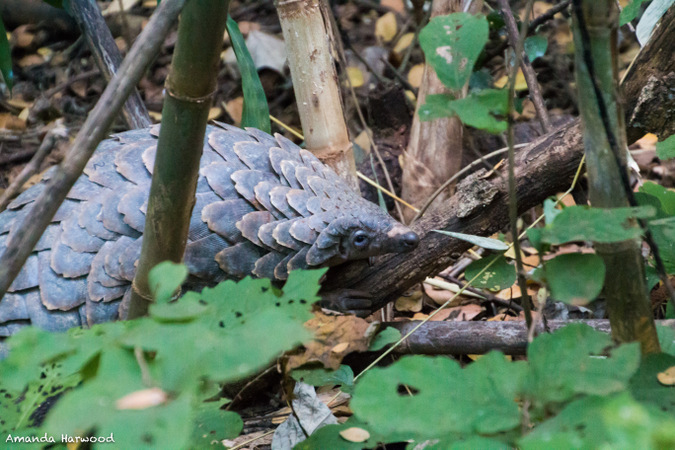
Media release from Lilongwe Wildlife Trust
Pangolins, the scaled, prehistoric-looking creatures native to Africa and Asia, are the most illegally trafficked mammal on the planet. Conservative estimates are that 10,000 of them are killed and exported every year. However, the likelihood is the figure is magnitudes higher than that. Over one million pangolins are thought to have been illegally poached between 2000 and 2013*. (*World Animal Protection)
It’s therefore increasingly rare to read a good news story about pangolins, let alone catch a glimpse of one of these unique animals in the wild. However, the Lilongwe Wildlife Trust (LWT), a leading conservation organisation in Malawi, have been able to provide both.
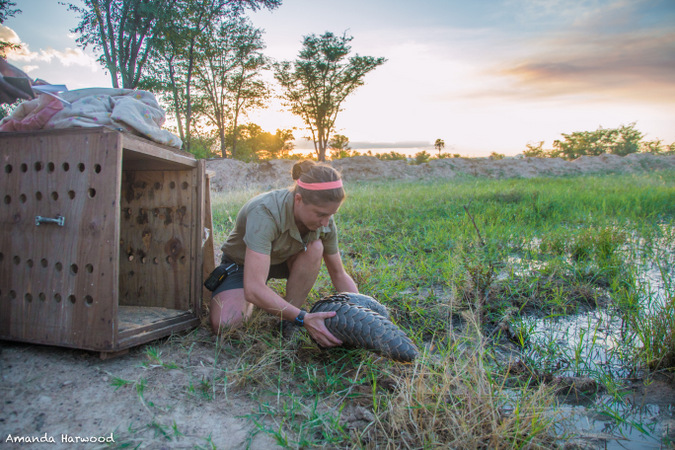
Earlier this week, the animal care team at LWT were alerted to the presence of three adult pangolins which were being held at a local police station after confiscation from an individual illegally in possession of them.
Pangolins are killed for their meat which is considered a delicacy and their scales which are used in folk remedies in places like China and Vietnam – and it’s unknown whether these three were destined for the same fate.
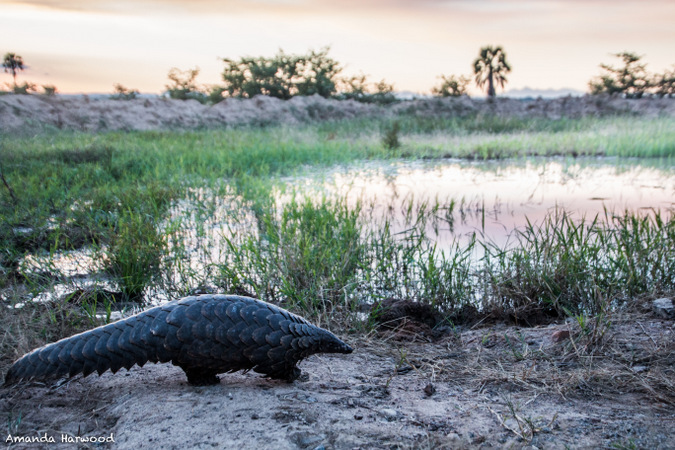
Given the time spent away from their natural habitat and the undoubted stress caused by being kept in human captivity, it was decided that the pangolins needed to be taken into the care of LWT who run the award-winning Lilongwe Wildlife Centre, a wild animal rescue and rehabilitation facility in Malawi’s capital.
The pangolins were handed over to LWT’s expert animal carers and taken straight to the centre where they were given a full veterinary check, as well as food and water, and were placed in an environment as closely matched to their natural one as possible.
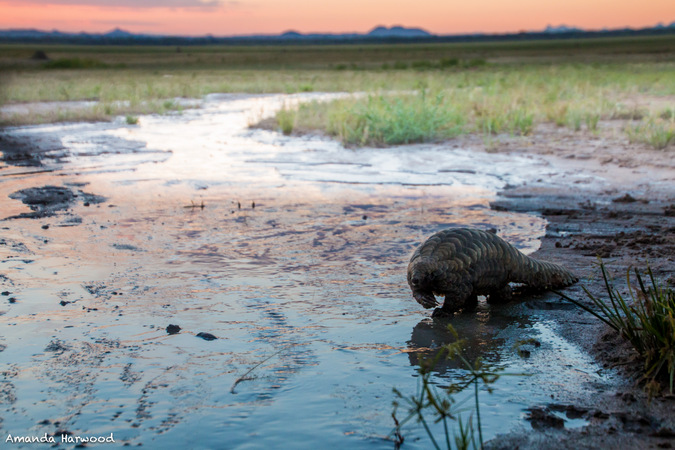
Not every animal that arrives at the Lilongwe Wildlife Centre is lucky enough to be released back into their natural habitats. Some are too injured, too young, or too humanised to rejoin the wild, and remain under care at LWT’s sanctuary.
However, the ending for the pangolins was the happiest that could have been asked for.
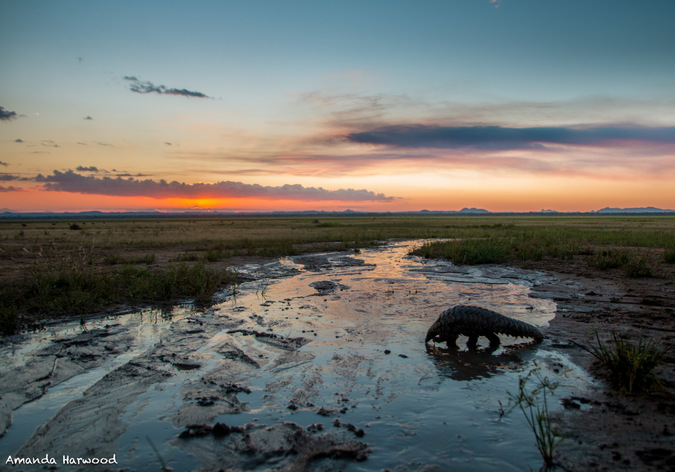
After two days of recuperation, the animals were placed in crates and transported to a suitable location a few hours outside of Lilongwe to be finally freed.
Under a dramatic Africa sunset, the trio were removed from their crates, and after some initial hesitation, one by one uncurled their scales and shuffled off, in their own inimitable way, back into the wild of Malawi where they belong. Safe at last.
Watch as one of the pangolins heads back out into the wild after being released (© Amanda Harwood)
To comment on this story: Login (or sign up) to our app here - it's a troll-free safe place 🙂.![]()






